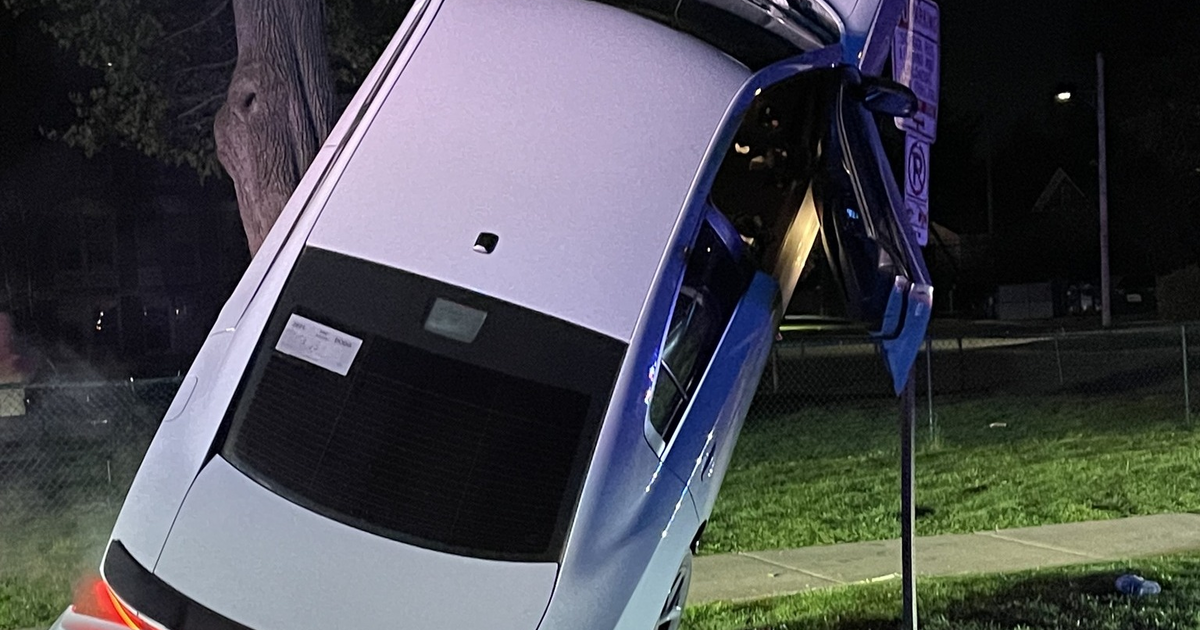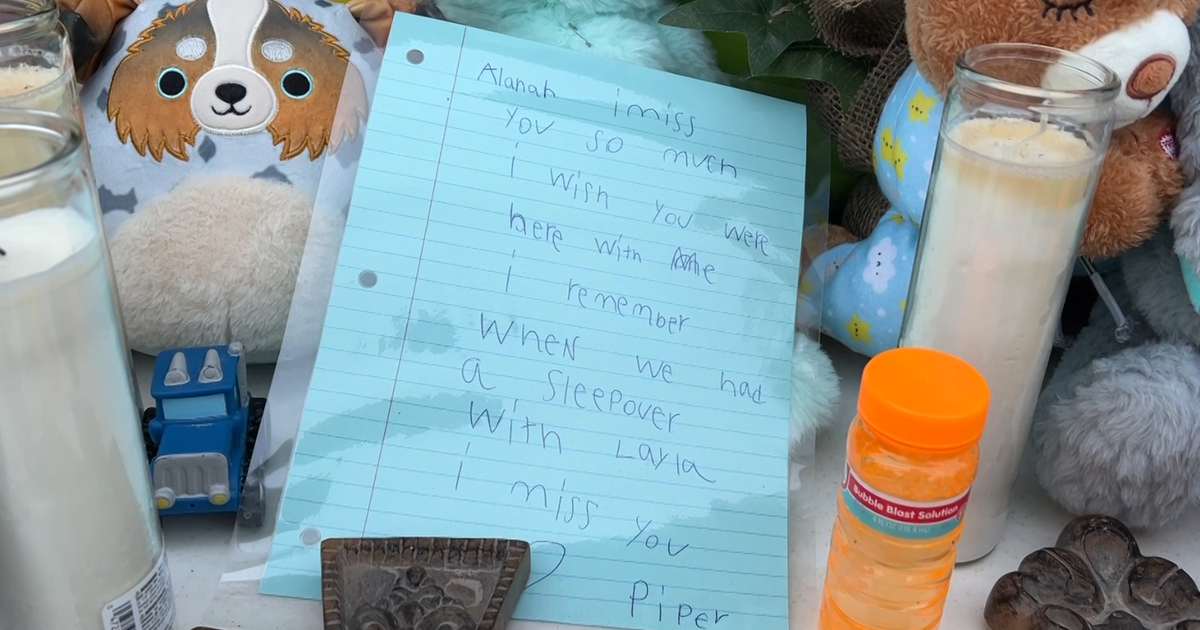Man Who Resisted Police Wins Supreme Court Case
HOLLAND (WWJ/AP) - The Michigan Supreme Court says people can resist police officers who unlawfully enter their homes.
In a 5-2 decision, the court ordered that charges be dropped against Angel Moreno Jr., a western Michigan man who was accused of obstructing officers at his home in Holland. The officers were looking for someone and tried to enter the home without a warrant.
Lower courts had upheld charges of resisting police, based on a 2004 Supreme Court decision, but justices on Friday said that case was wrongly decided.
The opinion was written by Justice Diane Hathaway. She and two other Democrats on the court were joined by two Republican justices, a rare alliance. The dissenters were Republican justices Stephen Markman and Robert Young Jr.
Moreno's case started on Dec. 30, 2008. Holland police officer Troy DeWys was going to issue a parking ticket for a vehicle belonging to Shane Adams, who had several outstanding warrants.
While he was standing at Adams' unoccupied car, DeWys noticed a vehicle pulling out of a driveway at a nearby home. The driver allegedly got out of his car and told DeWys that his girlfriend, and some minors, were inside the home drinking alcohol. DeWys asked if Adams was in the house, but the driver indicated that he was unsure.
Court documents show that DeWys then called for backup officers, all of whom arrived in police uniform. They approached the home, knocked on the front and back doors, and identified themselves as police officers. Peering through windows, the officers say they saw about a dozen people running around and hiding.
About 15 minutes later, Mandy McCarry opened the front door. She admitted that under-age drinking was going on in the house and that she knew Adams, but denied that he was in the home. She refused to allow the officers into the house without a warrant.
At this point, the officers secured the back door to the home. When three other officers arrived at the scene, the house was surrounded. DeWys reported that, when standing at the open door, he smelled a strong odor of intoxicants and burnt marijuana.
When DeWys informed McCarry that officers were entering to secure the house while they obtained a search warrant, Angel Moreno Jr. allegedly came to the door and refused to allow the officers to enter, demanding that they get a search warrant first.
According to court documents, Moreno told the officers to get off the porch and attempted to close the door. When an officer placed his shoulder against the door to prevent it from being closed, a struggle ensued between Moreno and the officers.
Moreno was eventually subdued, removed from the home and arrested. Officers then entered the house. After obtaining the search warrant, the officers discovered an ounce of marijuana and some pills.
Moreno was bound over for trial on one charge of resisting and obstructing a police officer, and one charge of resisting and obstructing a police officer causing injury.
Moreno filed a motion to quash based on the illegal entry of officers into the home. The trial court agreed that the officers' entry into the home was illegal, but denied his motion.
Moreno then sought reconsideration, arguing that he had the right to act in self-defense because the officers used excessive force. The trial court denied that motion.
Moreno said his right of due process was violated by a lack of notice, claiming no reasonable person would have been aware or known they could be charged for defending theirs own home against an aggressive police officer acting without a warrant.
TM and © Copyright 2011 CBS Radio Inc. and its relevant subsidiaries. CBS RADIO and EYE Logo TM and Copyright 2011 CBS Broadcasting Inc. Used under license. All Rights Reserved. This material may not be published, broadcast, rewritten or redistributed. The Associated Press contributed to this report.



